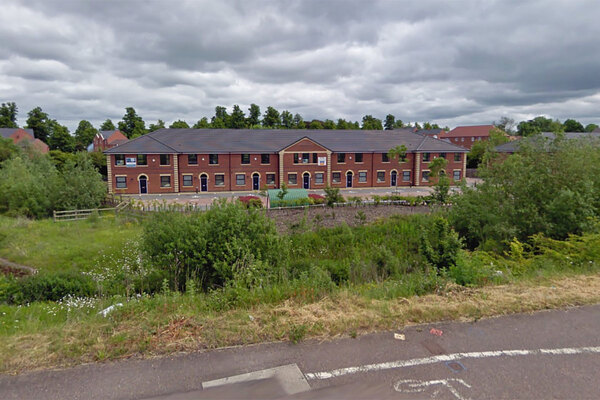 Jules Birch
Jules BirchCry freedom
 Jules Birch
Jules BirchWhat are the implications of the Dutch housing association debacle for the UK?
Two weeks before Policy Exchange made its controversial call for ‘free’ associations in England on Housing Day in November, a parliamentary inquiry in the Netherlands was publishing a report on a scandal that rocked the country’s social housing sector to its foundations. It concluded that Dutch housing associations strayed ‘too far from home’ after they won their commercial freedom in 1995.
As I report for Inside Housing this week, it’s the details that catch your immediate attention: the prison sentence for fraud, the steamship, the Maserati, the suitcase full of cash and Vestia’s €2.7 billion losses on derivatives deals that went wrong. Those and much more besides are what leap off the page at you in the report of a parliamentary inquiry published at the end of October but barely reported here until now.
Vestia, the largest Dutch association, placed what amounted to multi-billion Euro bets that interest rates would rise. When they fell instead, it led to a scandal that the report compares to those at Barings Bank and Enron. However, the inquiry also investigated problems at least five other associations. It blames the ‘Sun King’ ambitions of directors that were left unchecked by boards and supervisors and sometimes exploited by banks. These went spectacularly wrong when the credit crunch hit and the Dutch property market slumped.
UK housing associations can comfort themselves that we have strong independent regulator, do not have a Dutch-style guarantee fund that makes them jointly liable for each others’ losses and were less affected by the slump in the property market. So far the scandal in the Netherlands has had little effect on credit ratings and willingness to lend here. Yet in the wake of cases like Cosmopolitan, can they afford to be complacent?
Looking at what happened in the Netherlands is like looking in a mirror: the challenge of how to maintain a social heart with a commercial head; a mission to provide homes for priced-out workers as well as the very poorest; and a recognition of the need to regenerate places as well as people. The report credits housing associations as a whole with making ‘an essential contribution to social housing in the Netherlands’ in the last 20 years and they have been so successful that they now owns around 75 per cent of all rented homes.
But if you think values alone are enough to prevent problems, think again. As organisations become more commercial, and expand into private development and private renting, they need to recruit directors and board members with commercial expertise but who may not share the original values. The Dutch example shows that before long the social purpose can get lost in some organisations and unless the right checks and balances are in place things can go spectacularly wrong.
If you need any more convincing look at what’s happened to Dutch associations in the wake of the scandal. This is not just about the prosecution and even imprisonment of individuals. The first of thousands of homes have been sold off to international investors to pay for the losses and many more could go if the Dutch government follows through on pledges to reduce the size of the sector to open up the market to private landlords. Other associations have already paid €700 million as their share of the losses at Vestia. The government has imposed a tax rising to €1.7 billion a year on the sector to help pay for austerity. And English chief executives reading this may care to reflect on the €185,000 (£145,000) maximum salary (including pension contributions) that will apply to their Dutch counterparts. Associations’ ‘private’ status no longer counts for much in what the Dutch call the ‘semi-public’ sector.
The irony is that ‘unfree’ English housing associations seem to have much more scope to act than their ‘free’ Dutch cousins, who gave up purely commerical activities that have no relation with social housing before the inquiry began.
Under changes agreed by the Dutch parliament in the wake of the report, there will be annual tripartite agreements between housing associations, local authorities and tenants. Tenants will have a right to vote on some major policy changes such as mergers. And associations will have to seek the views of tenants on proposals such as regeneration schemes. As well as improvements in governance, regulation and political oversight, the report also recommends that associations should be limited in size and scale, with the eventual demerger of large national organisations.
Ultimately though it is tenants that are paying the price for the debacle. In each of the last two years, they’ve seen the biggest rent increase in the last 20 years. Spending on repairs and maintenance is down. More homes could be sold off. Would the Dutch scandal have happened if tenants had been allowed more say over how what is ultimately their money was used? Perhaps that’s the biggest lesson of all.








